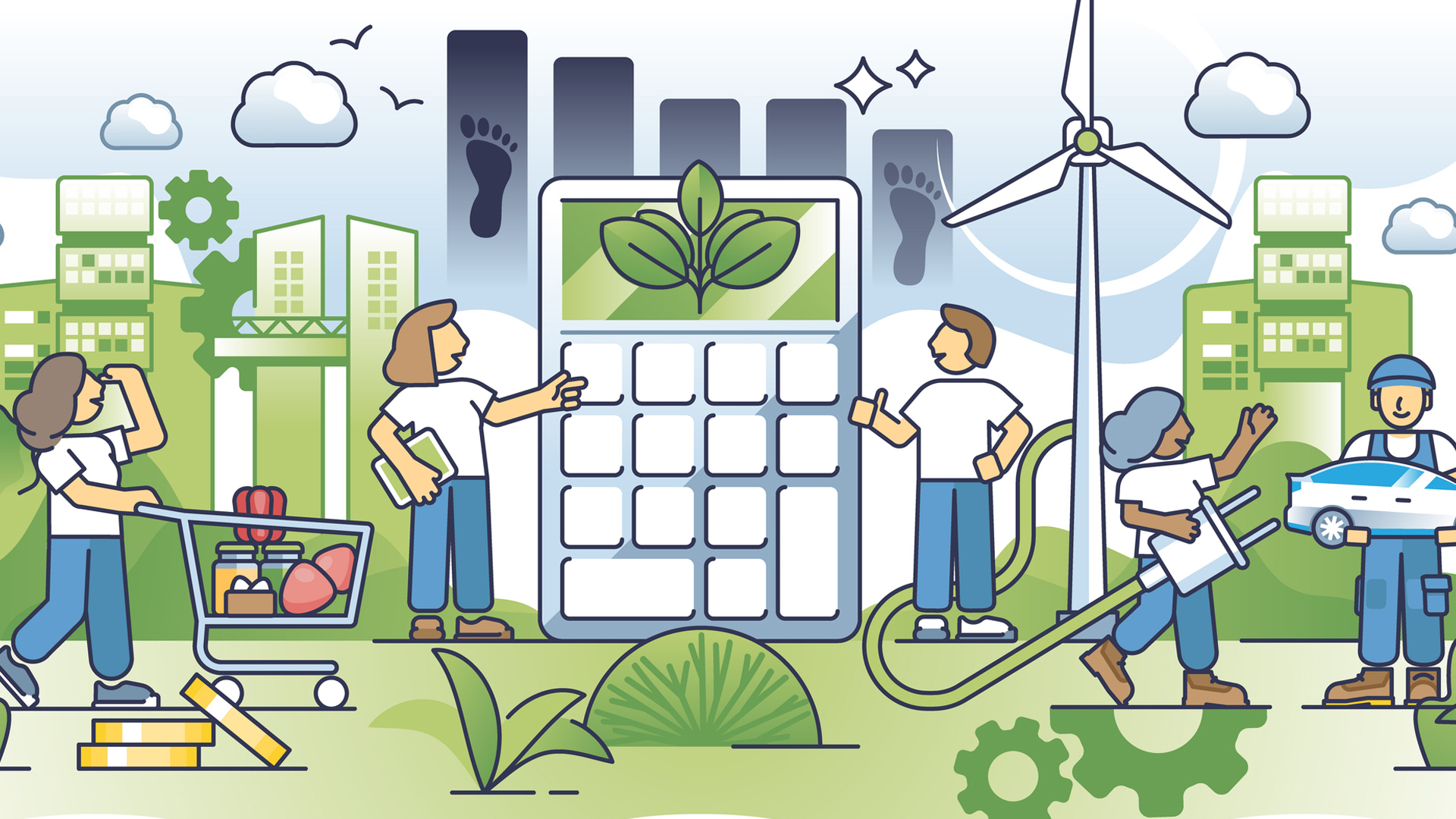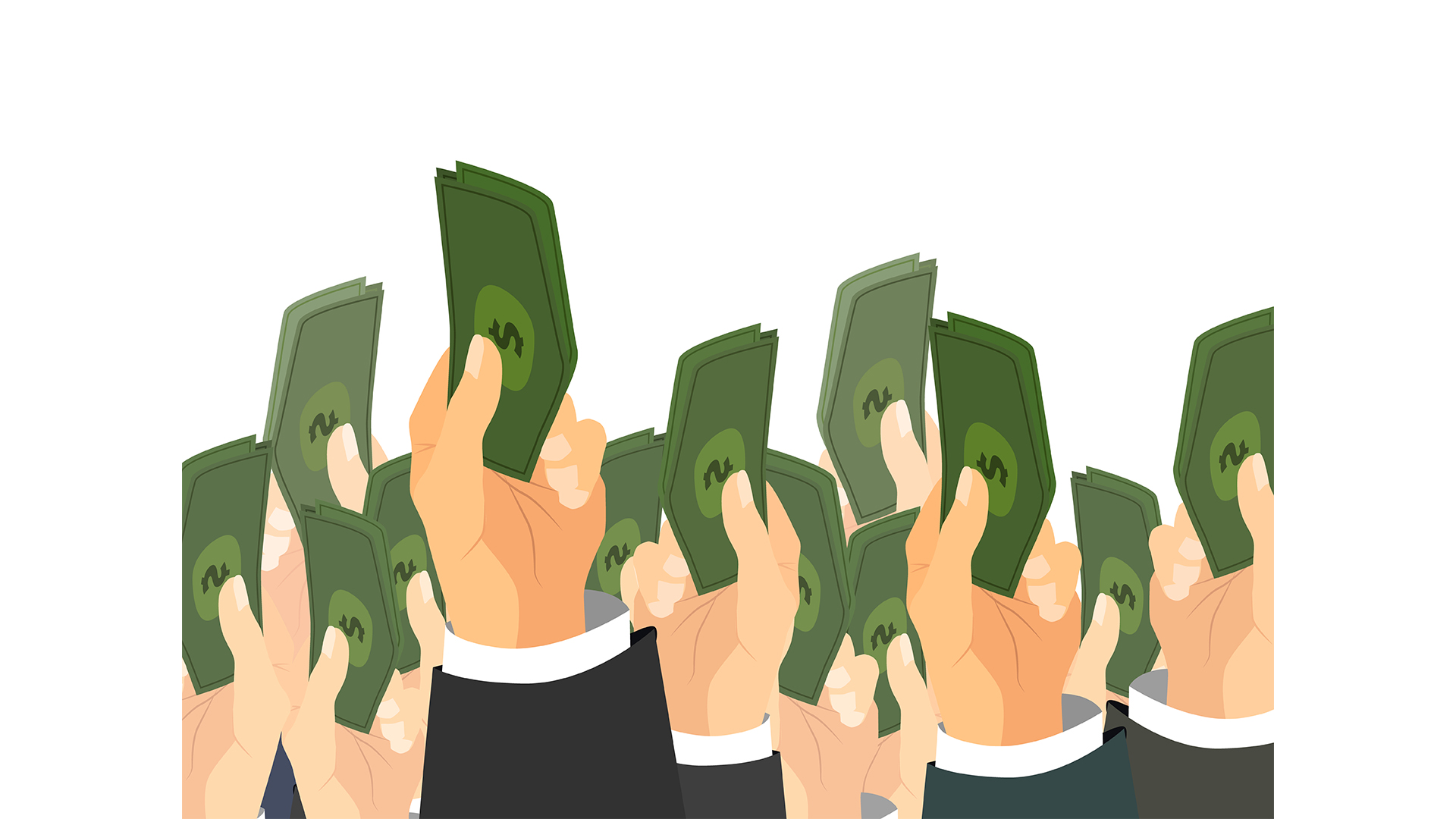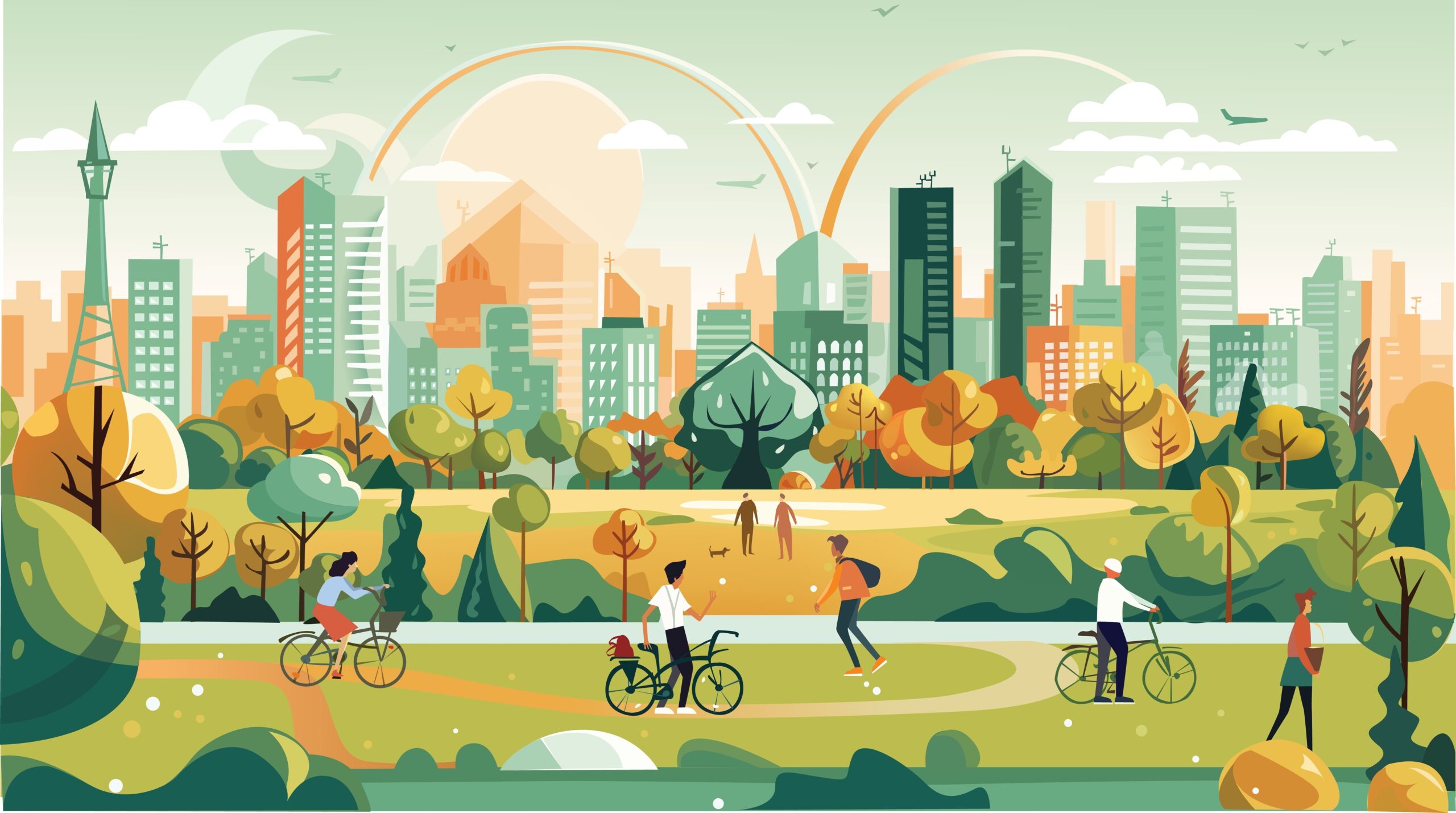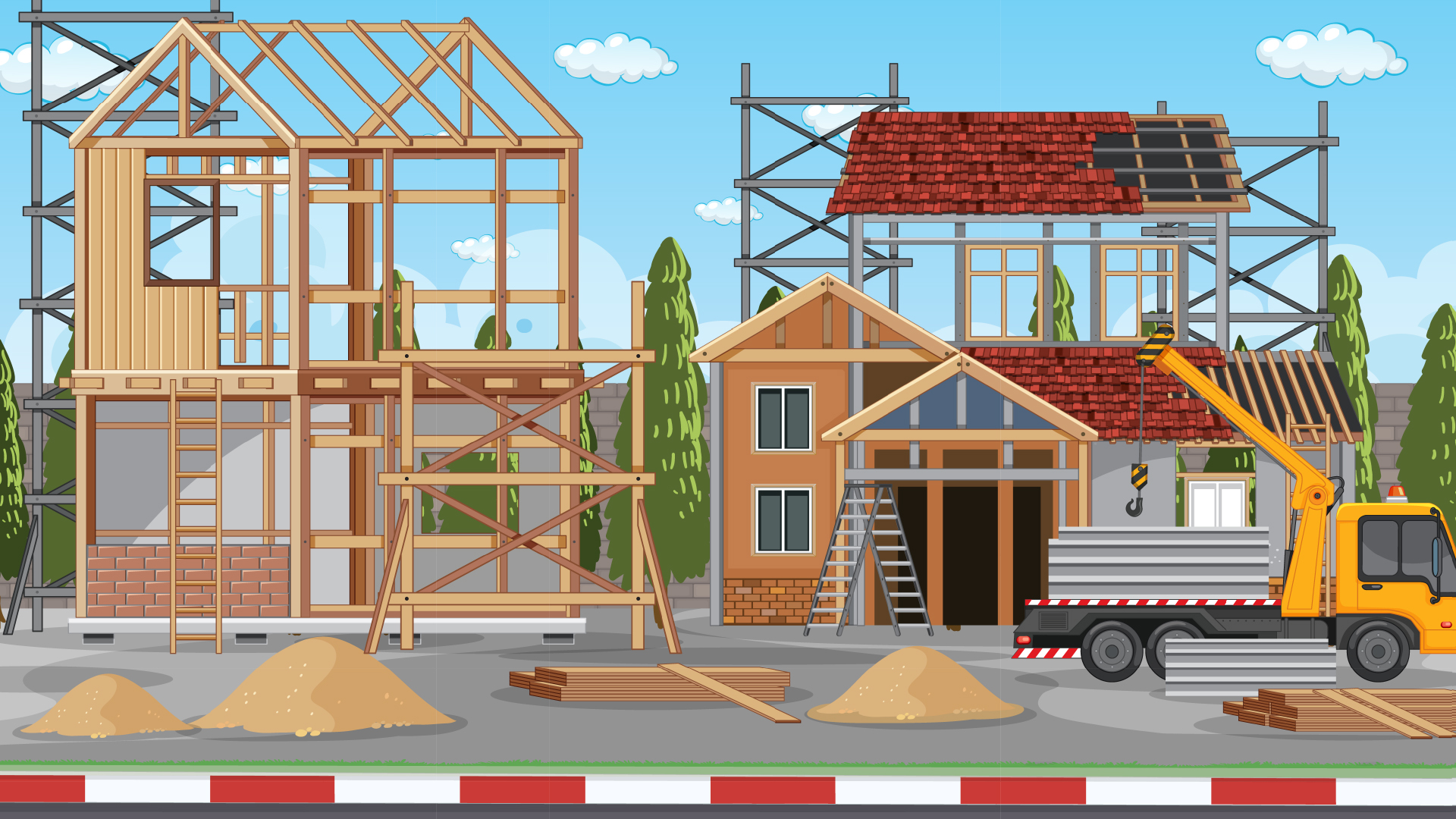
In 2020, 5.5 million Canadian workers lost their jobs. In that same year, 47 Canadian billionaires saw their wealth increase by $78 billion dollars. But rising inequality did not start during the pandemic. In fact, since the 1980s, the richest Canadians have increased their wealth, while middle- and low-income Canadians saw theirs diminish.
Between 1982 and 2018, the top 1 per cent of Canadians saw their income double, the upper middle class saw an income increase of around 10 per cent, and everyone else’s salary didn’t see any increase at all. In fact, those salaries didn’t even keep up with inflation.
What’s So Bad about Increasing Inequality in Canada?
Why COVID-19 is an inequality virus
Wealth inequality in Canada is staggering. Last September, Statistics Canada reported that the wealthiest 20 per cent of Canadians currently hold over 65 per cent of the wealth in the country, while the bottom 40 per cent – almost half the country, holds just 2.5 per cent of wealth as of 2020.
Coming out of the pandemic, governments are looking for ways to reduce debt and fix systemic issues in healthcare and long-term care, as well as fill gaps in the social safety net that were made apparent in the last two years.
This week Angella MacEwan joins the podcast. Angella is the senior economist at the Canadian Union of Public employees, a policy fellow at the Broadbent Institute, and a former federal NDP Candidate for Ottawa Centre. I will be speaking with her about the steps the Canadian government has taken to reach this point of inequality, and the Broadbent Institute’s plan to tax the rich.









